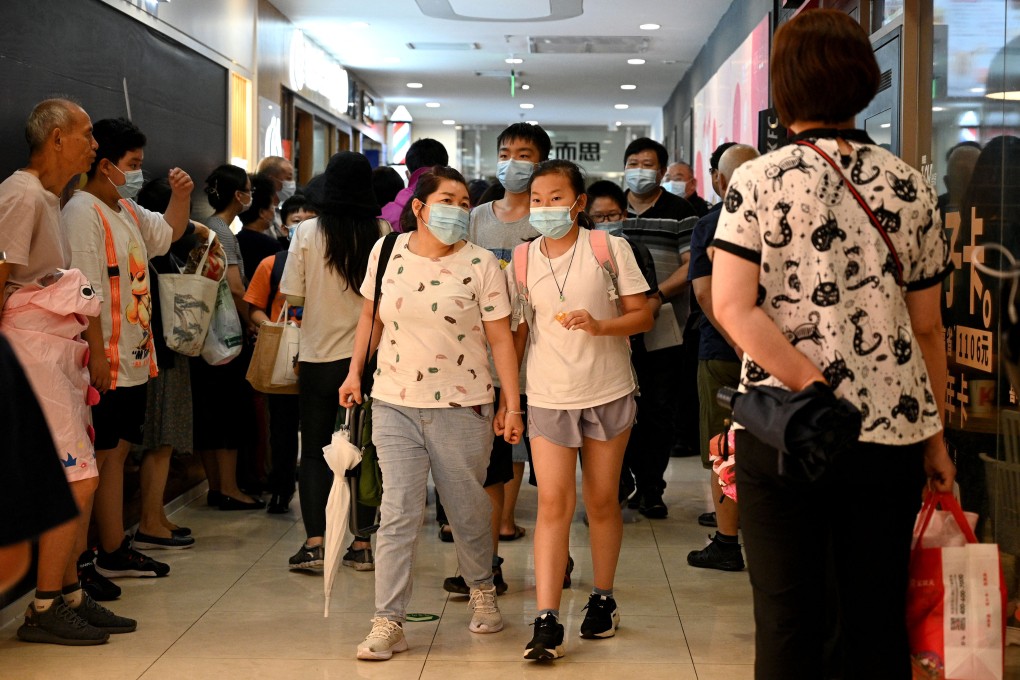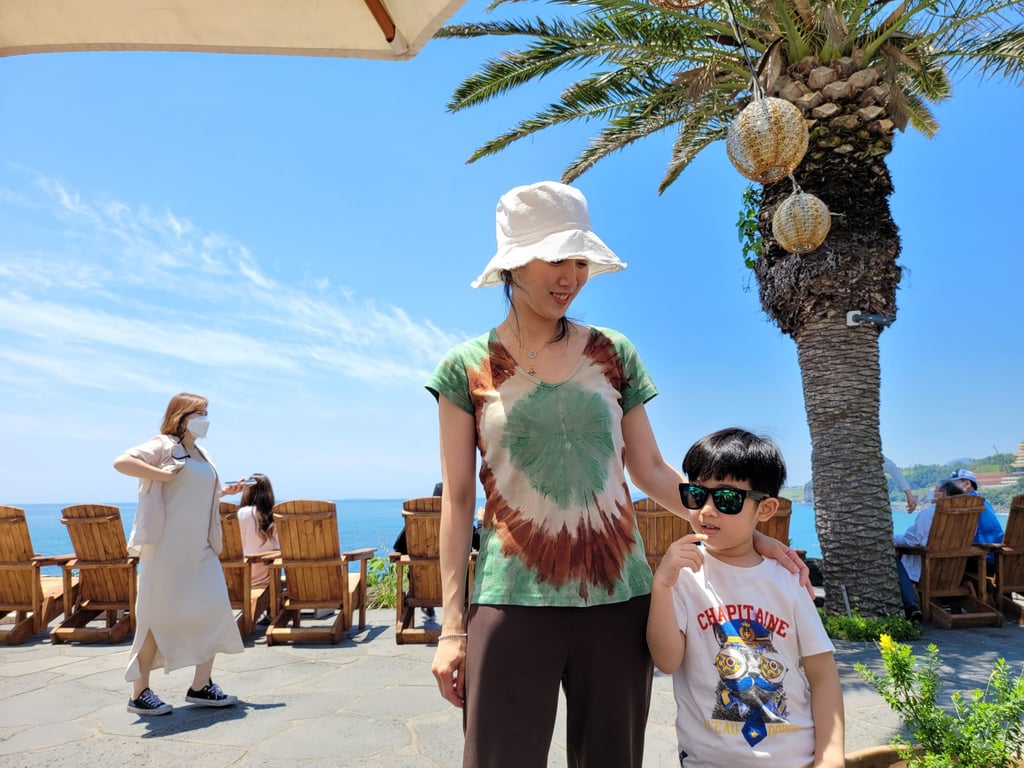Advertisement
A lesson for Hong Kong, Singapore in mainland China’s crackdown on the tutoring industry?
- In reining in the US$38 billion industry Beijing is seeking greater equality, less pressure for children and – with an eye on the falling birth rate – lower costs for parents
- Whether others follow suit looks doubtful. A similar move by South Korea in the 1980s only drove tutoring underground. Besides, some say the problem is not the tutoring but a cultural emphasis on academic achievement and a fear of ‘falling behind’
Reading Time:11 minutes
Why you can trust SCMP
21

South Korean mother of two Kwon Se-jin spends 1.9 million won (US$1,616) every month to put her son in a preschool where the four-year-old can pick up some English words while playing with a native speaker.
“I don’t want my young boy to get stressed out but at the same time I fear he will be left behind at the starting line,” said Kwon, a housewife, adding that many other children her son’s age were already focused on writing and speaking the language.
In Singapore, Jenny Tan, a marketing manager and mother of three, aged 14, 17 and 21, said she was able to help her children with school work when they were in primary school but sent them for tuition when they were in secondary.
Advertisement
Tan, who spends around S$1,800 (US$1,340) a month on tuition for all three of her children, said extra lessons were necessary because class sizes at school were so large – 29 children per class in primary and 33 to 34 per class in secondary on average.
“It’s hard for teachers to manage the diverse needs of the students and that’s where tuition comes in,” Tan said, adding that each child attended two enrichment classes, usually for mathematics or languages.
Advertisement
In Hong Kong, Jenny Cheng, a housewife, enrolled her daughter in extra Chinese and English writing classes when she was in primary school, and in extra Chinese, English, mathematics and chemistry classes when she was in secondary.

Advertisement
Select Voice
Choose your listening speed
Get through articles 2x faster
1.25x
250 WPM
Slow
Average
Fast
1.25x